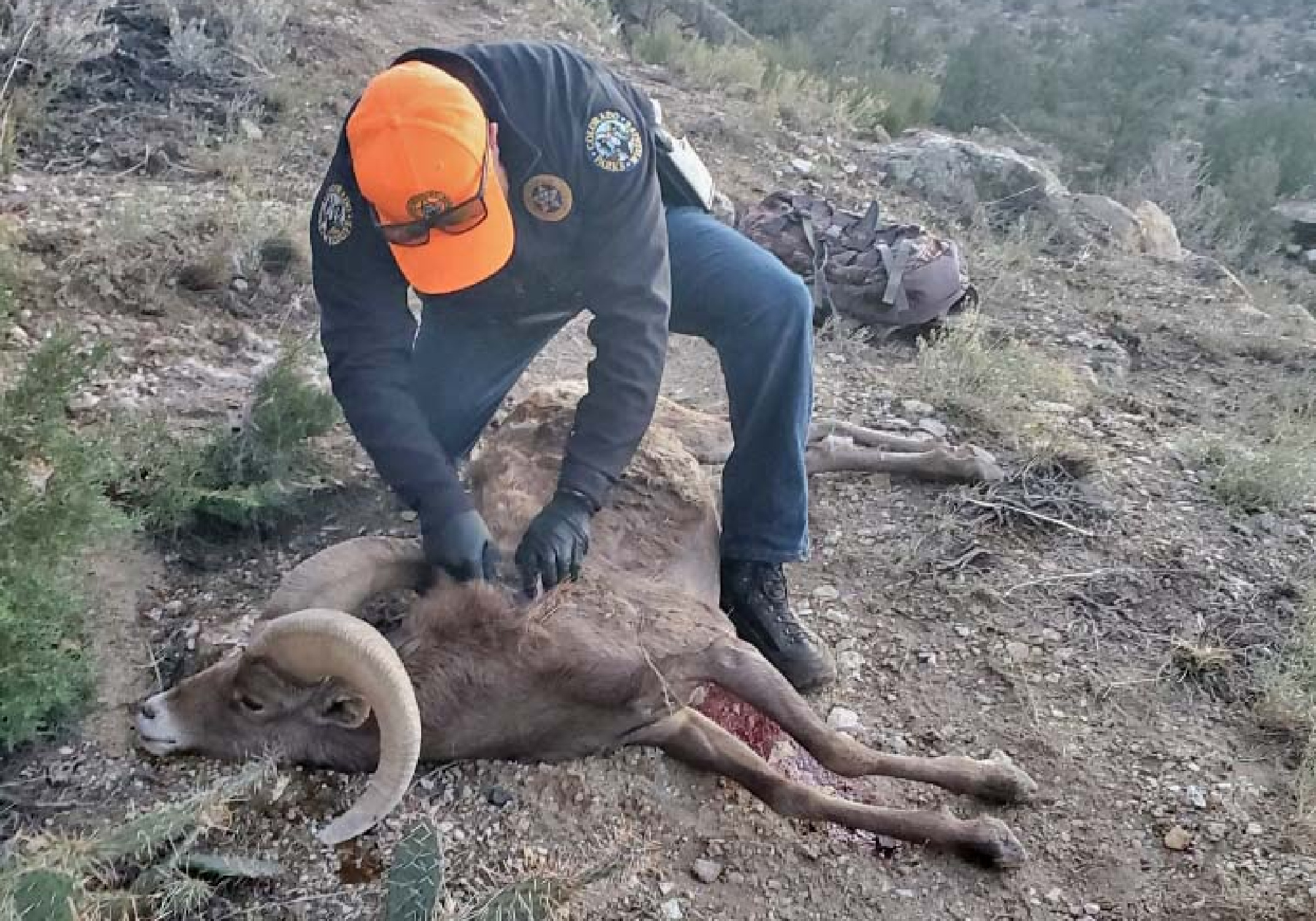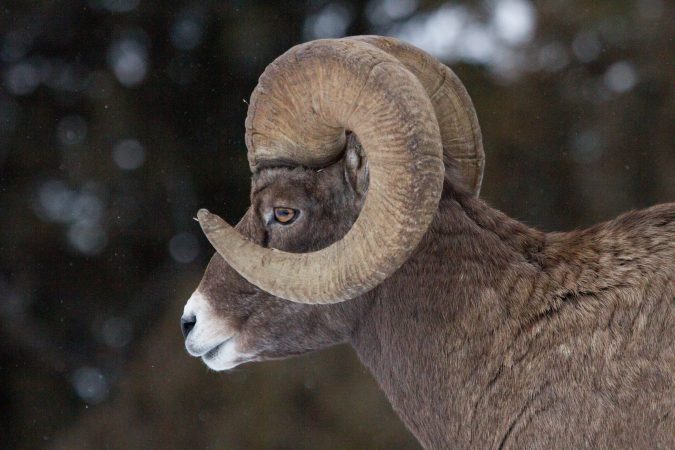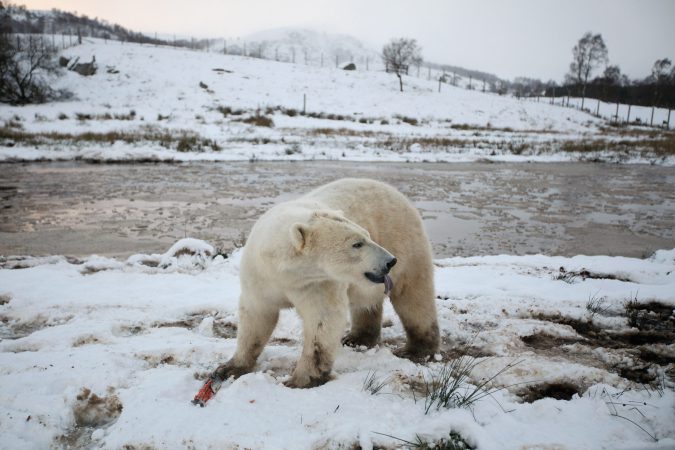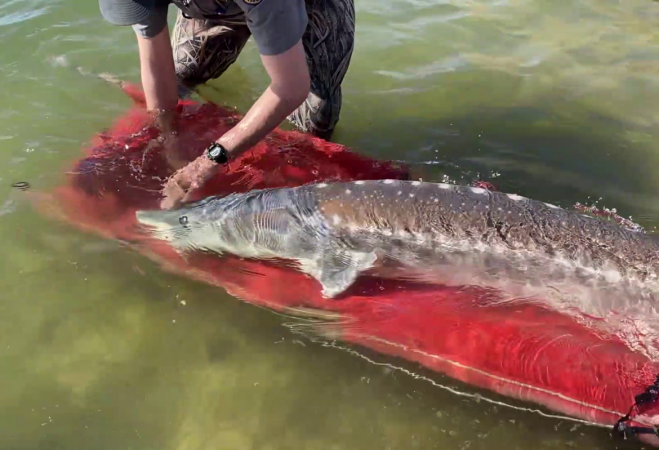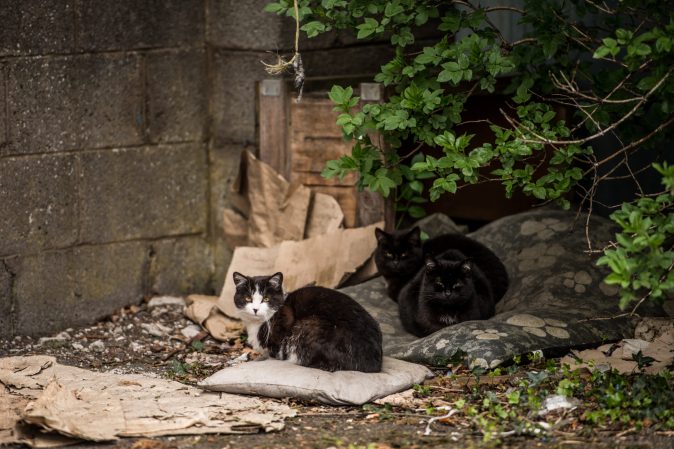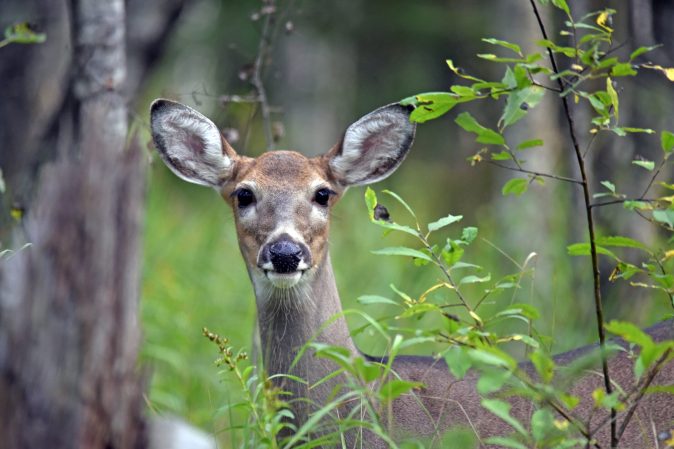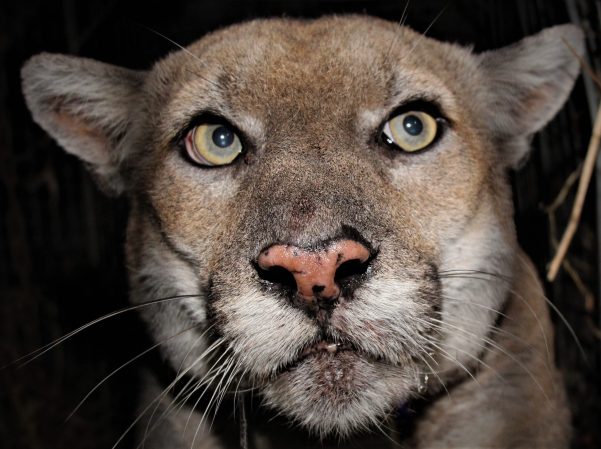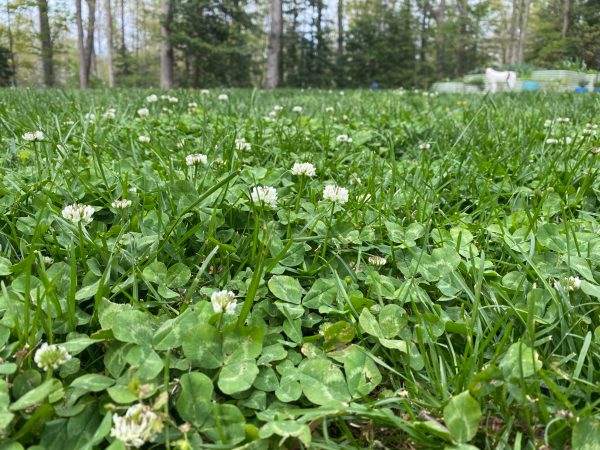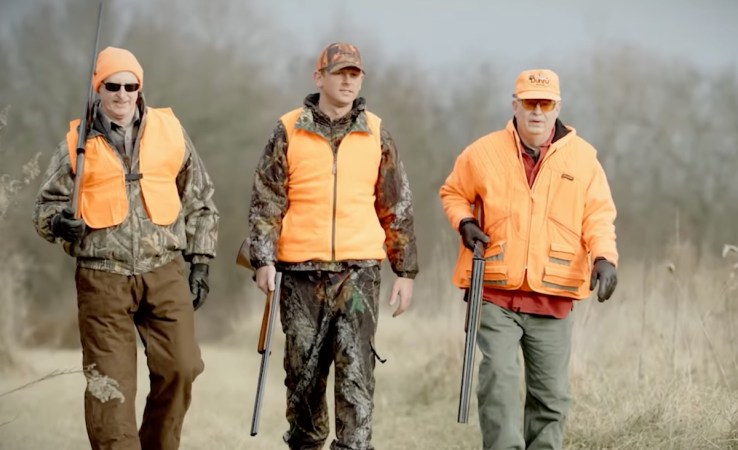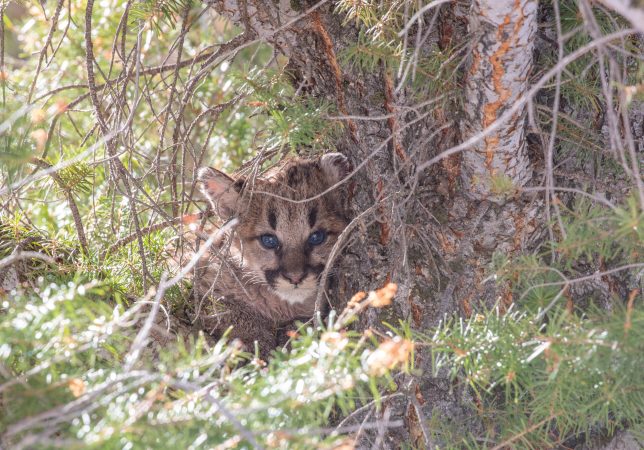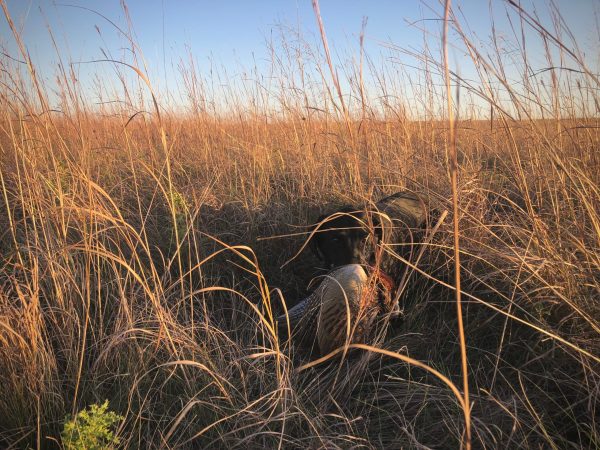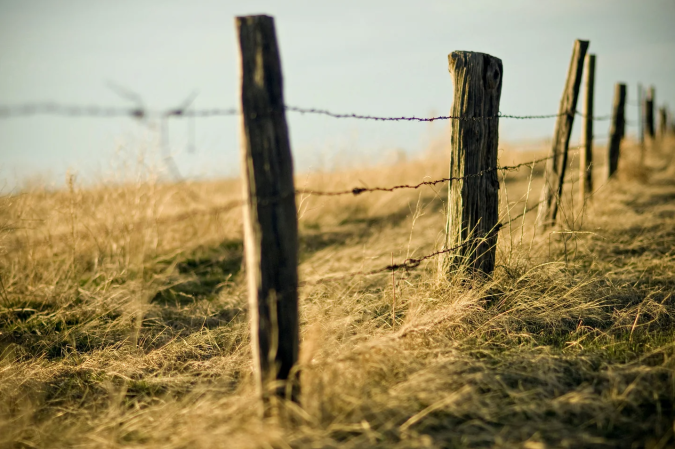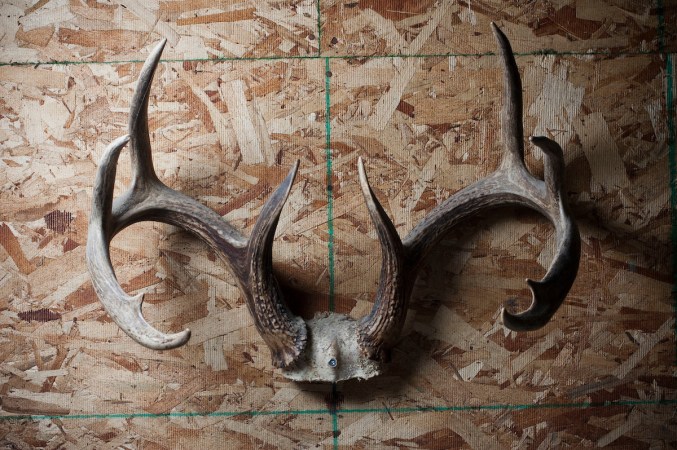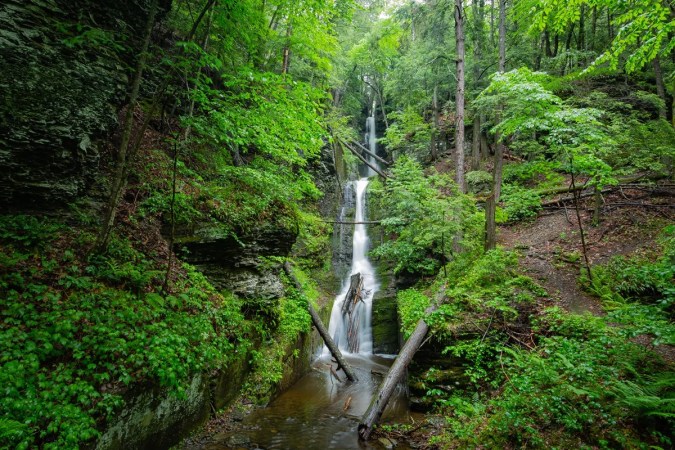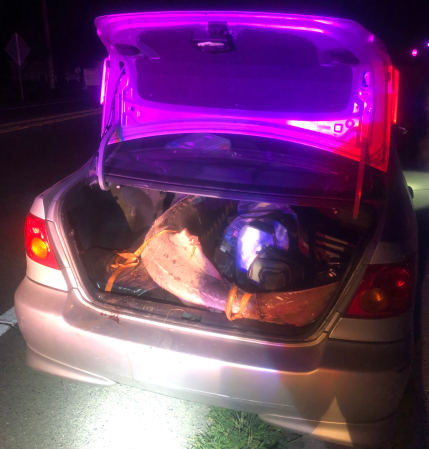A rock climber discovered a large desert bighorn sheep carcass near a state highway in western Colorado on Monday, Oct. 31. Now, Colorado Parks and Wildlife is asking for the public’s help to find the poacher who killed it.
The ram, whose horns made a 5/8- to 3/4-turn, laid dead next to Highway 141 between Grand Junction and Gateway. Responding officers determined the ram was shot more than 24 hours prior to the discovery. The bullet was lodged behind the ram’s front shoulder.
“The ram was shot and left there with nothing removed from it,” CPW wildlife officer Kevin Duckett says in the press release. “There is a desert bighorn sheep hunting season in that unit, but it [did] not start until Nov. 1, and this ram was killed out of season and left to rot.”
In Colorado, the penalty for poaching a ram with a half-turn or more could exceed $25,000 and willful destruction of a big-game animal is a felony. Jail time, a lifetime suspension of hunting and fishing privileges, and further fines are all on the table for the poacher.
Sheep poaching incidents are rare, since the high-mountain animals are generally elusive and populations are small. This makes the incidents that do occur even more frustrating for hopeful hunters, most of whom have many years worth of preference points tied up in the expensive licensing system. Desert bighorn tags are incredibly valuable and usually auction for five- to six-digit figures. In 2022, the Arizona statewide desert bighorn tag raked in $300,000 at auction.
Colorado desert bighorn hunts are a once-in-a-lifetime opportunity. The state’s population is about 550 sheep, almost double what it was less than two decades ago.
Highway 141 forms the boundary between two bighorn sheep hunt units, S56 and S62. Both units distribute just four ram tags each year, a nod to how rare these hunts are.
“Desert bighorn sheep are pretty limited, and CPW offers very limited opportunities for hunting these sheep,” Duckett says. “This act of poaching takes away from sportspersons.”
A similar situation occurred when Montana resident Harold Horine poached a bighorn sheep in the Montana’s Highland Mountains on Nov. 22, 2021. He told Montana Fish, Wildlife, and Parks that he mistook the sheep for an elk. Horine was ordered to pay $5,245 in restitution and had license privileges revoked for two years.

